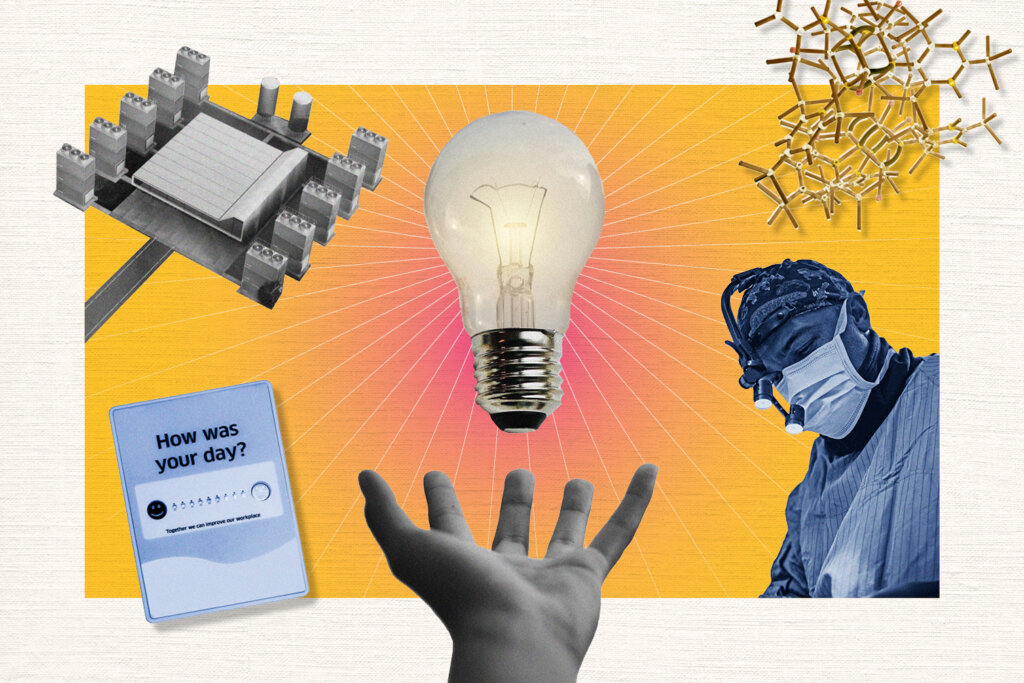Home » The Expansive Influence of AI
The Expansive Influence of AI

Emerging technologies, particularly artificial intelligence (AI), are set to revolutionize productivity, healthcare, and energy systems by 2025. Experts predict significant shifts in these areas, driven by both advancement and adoption of these technologies.
AI’s Impact on Workplace Productivity
John Trougakos, a professor at the University of Toronto, highlights how AI is transforming human resources and productivity management. Numerous organizations are utilizing AI for recruitment, payroll, and benefits processes, which streamlines labor-intensive tasks like resume scanning. AI chat systems are increasingly used in employee benefits administration, providing AI-generated information efficiently. Companies are focusing on redefining productivity, using technology to track employee performance while promoting overall well-being. Emerging applications, such as Produce8, are gamifying productivity tracking, allowing employees to set targets and manage their work-life balance interactively.
AI in Energy Management
Jon Dogterom, a cleantech advisor, addresses the growing energy demands of data centers, which are projected to consume a substantial portion of the electrical grid by 2030. Data centers, now a core component of digital technology infrastructure, require significant power not only for computing but also for cooling operations. Companies like Google and Microsoft are committing to renewable energy initiatives to address these challenges. Innovations such as Extract Energy, which converts waste heat into electricity, are expected to enhance data center efficiency while enabling the development of microgrids that could further support energy needs.
Advances in Healthcare through AI
Zayna Khayat, a health futurist, emphasizes the transformative potential of AI in healthcare delivery. Given the substantial gap in access to primary care and lengthy wait times for treatments in Canada, AI has the potential to democratize healthcare. She highlights the introduction of AI medical agents like Qu, designed to handle routine clinical tasks and increase efficiency in care provision. This technology allows healthcare providers to divert their focus to complex cases while addressing a significant percentage of interactions that can be automated. Additionally, the rise of immersive technologies and virtual reality (VR) in training and therapeutics promises to enhance both education for healthcare professionals and treatment for patients, offering cost-effective solutions with minimal side effects.
Challenges for Canada’s AI Leadership
Frank Rudzicz, an AI academic, expresses concern about maintaining Canada’s leadership in AI research and application. While Canada once led in foundational AI research, there is apprehension that government commitment to AI development may falter, leading to reliance on foreign technologies. The Pan-Canadian AI Strategy's renewal brings some hope, yet there are doubts about its effective implementation. Rudzicz argues that if Canada fails to invest in and develop home-grown AI solutions, it risks losing its competitive edge, resulting in financial resources supporting international companies instead of local innovation.
In summary, the intersection of AI and emerging technologies across various sectors is anticipated to not only enhance productivity and healthcare efficiency but also pose challenges for infrastructure like energy consumption. As Canada navigates this landscape, maintaining its position in AI research and implementation will be critical for future growth and innovation.
MaRS Discovery District
https://www.marsdd.com/
MaRS is the world's largest urban innovation hub in Toronto that supports startups in the health, cleantech, fintech, and enterprise sectors. When MaRS opened in 2005 this concept of urban innovation was an untested theory. Today, it’s reshaping cities around the world. MaRS has been at the forefront of a wave of change that extends from Melbourne to Amsterdam and runs through San Francisco, London, Medellín, Los Angeles, Paris and New York. These global cities are now striving to create what we have in Toronto: a dense innovation district that co-locates universities, startups, corporates and investors. In this increasingly competitive landscape, scale matters more than ever – the best talent is attracted to the brightest innovation hotspots.


